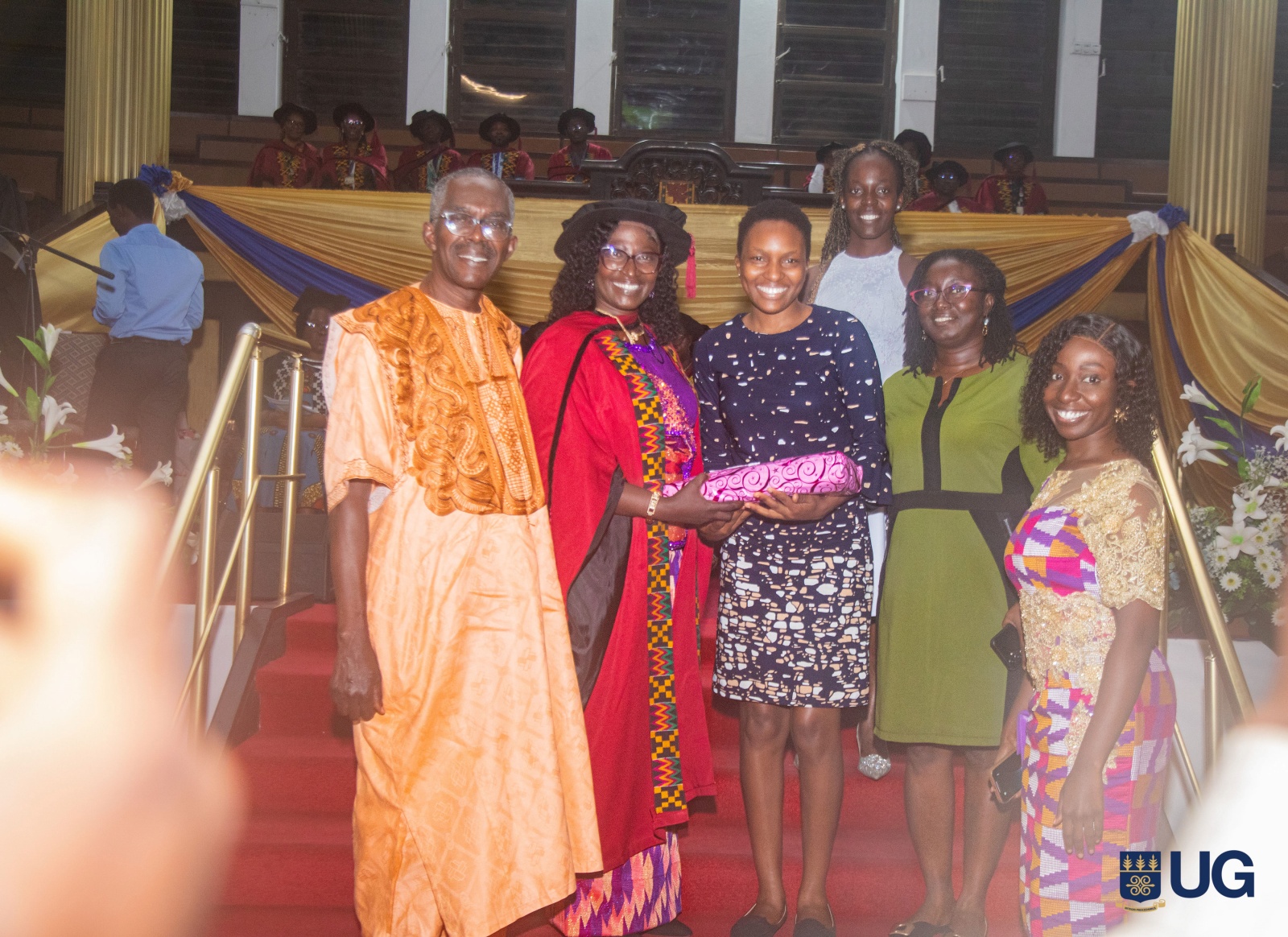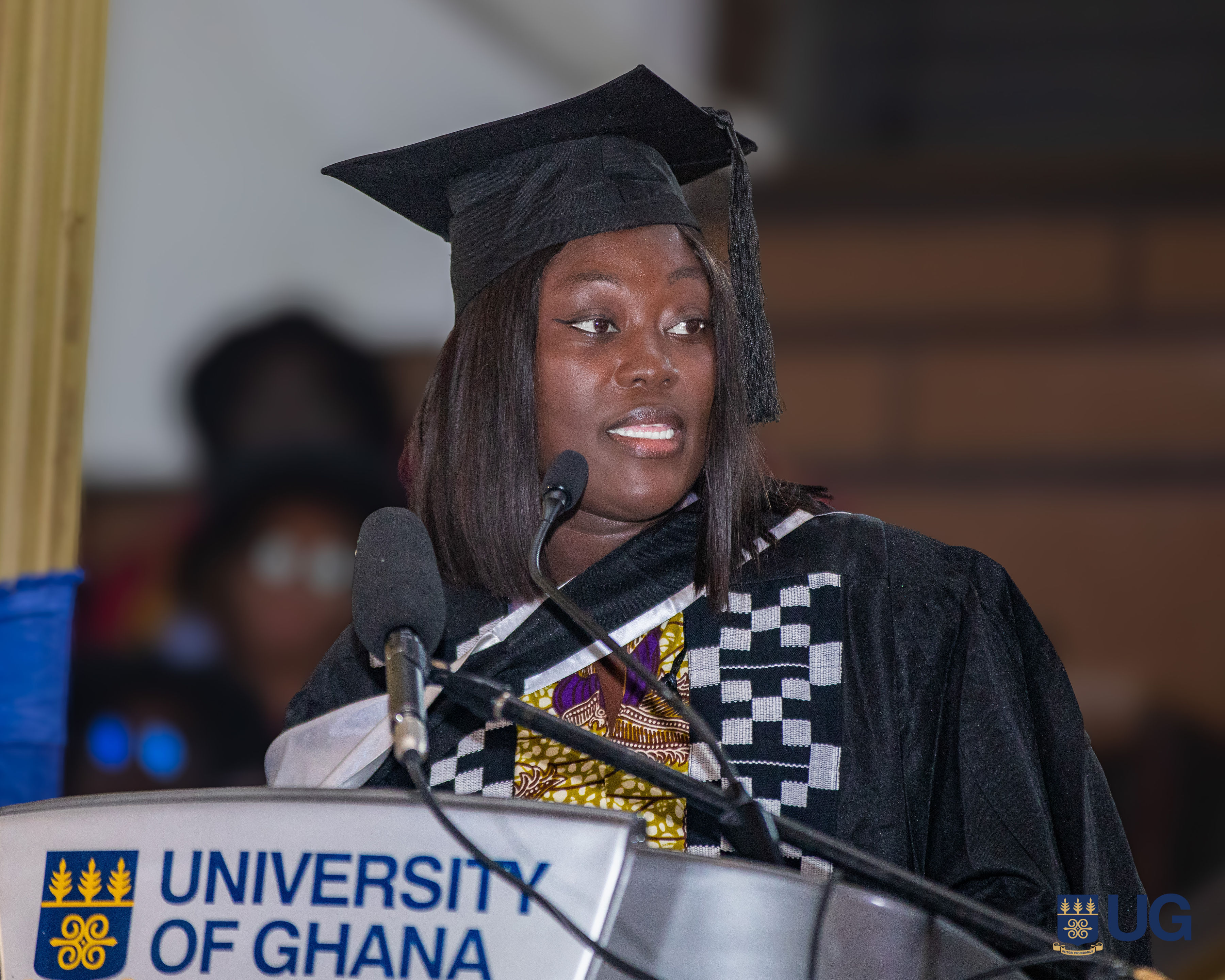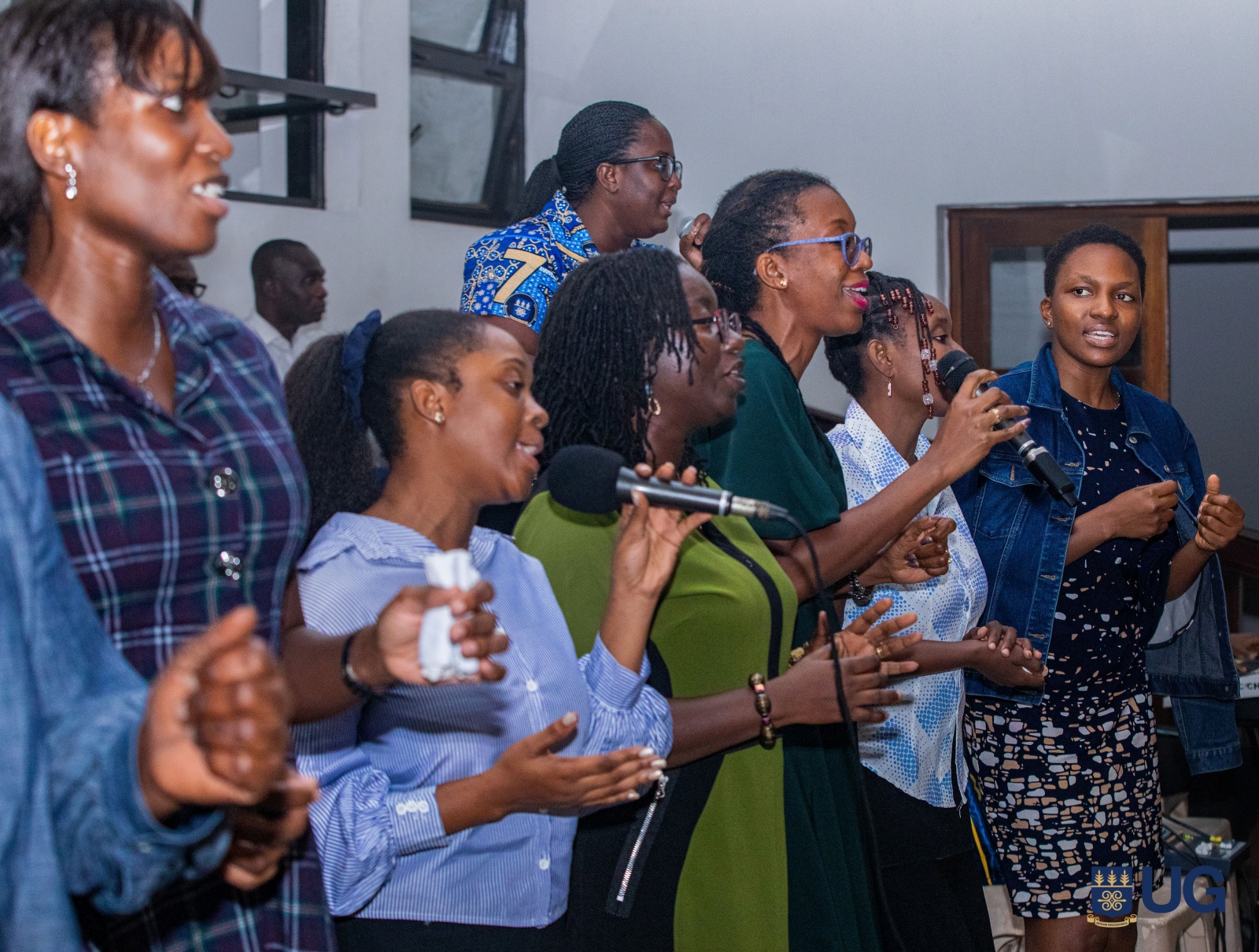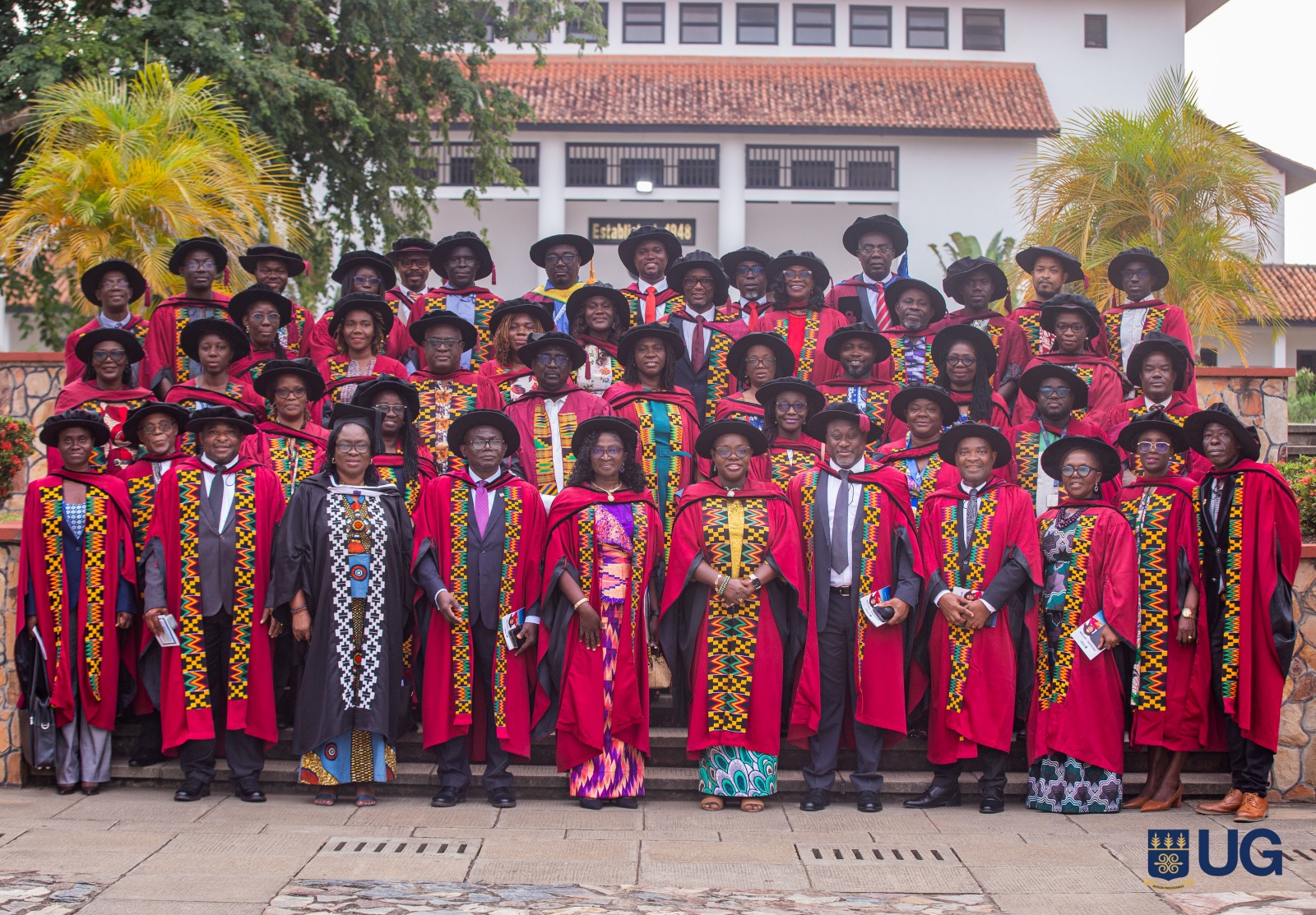Prof. Appiah-Opong Makes Case for Strategic Investment in Herbal Medicine at Inaugural Lecture
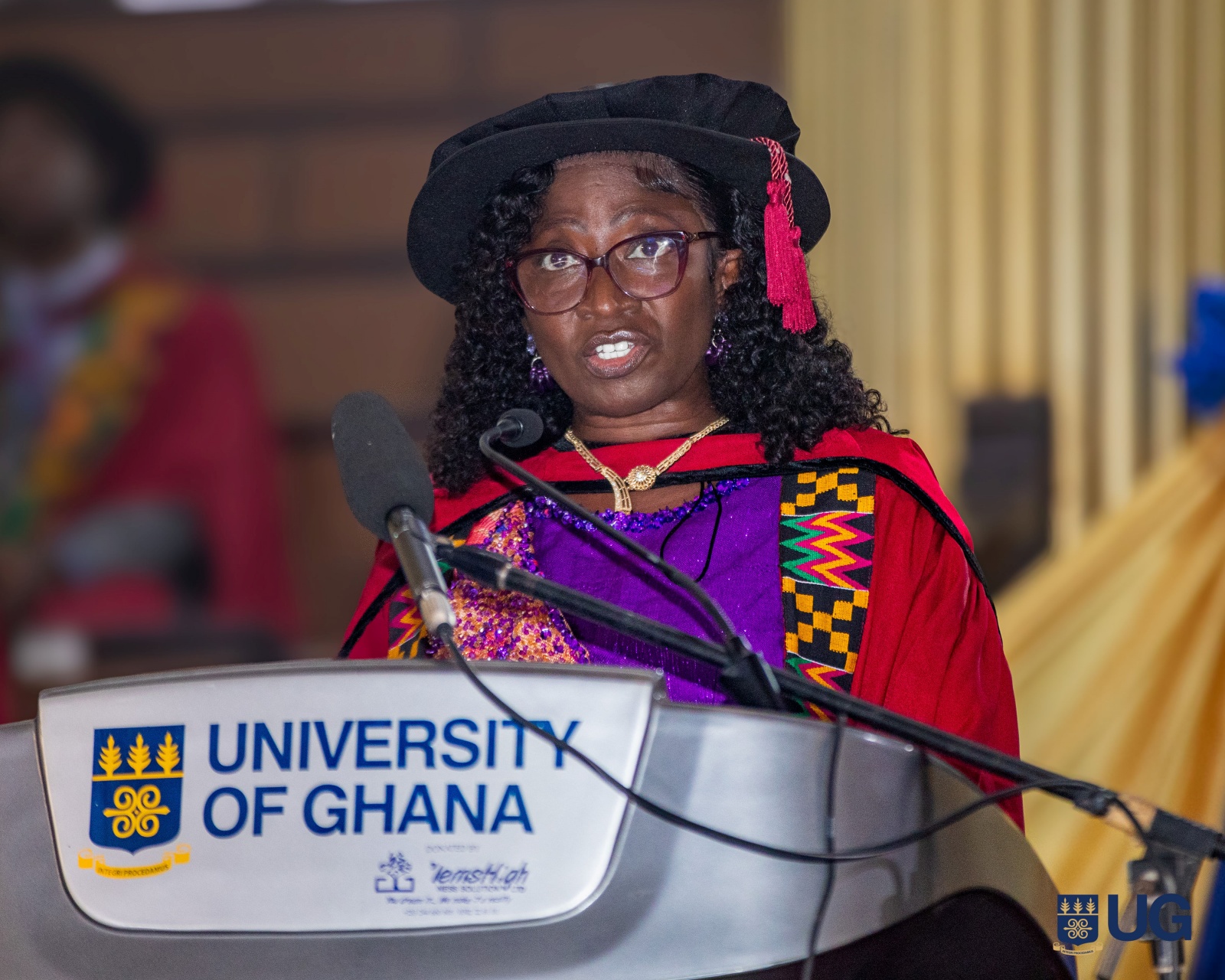
Prof. Regina Appiah-Opong, a renowned toxicologist, Fellow of the Ghana Academy of Arts and Sciences and former Head of the Department of Clinical Pathology at the Noguchi Memorial Institute for Medical Research, has called for strategic and sustained investment in Ghana’s herbal medicine industry, citing its potential to drive healthcare innovation, economic growth and youth employment.
She made the call during her inaugural lecture, delivered on Thursday, July 31, 2025, at the Great Hall of the University of Ghana. The lecture, titled “The Potential Role of Medicinal Plants in Ghana’s Healthcare and Economy,” was based on Prof. Appiah-Opong’s extensive research spanning several years into the safety, effectiveness, pharmacological properties and economic potential of medicinal plants. The findings were drawn from her work at Noguchi and collaborative projects with both local and international partners.
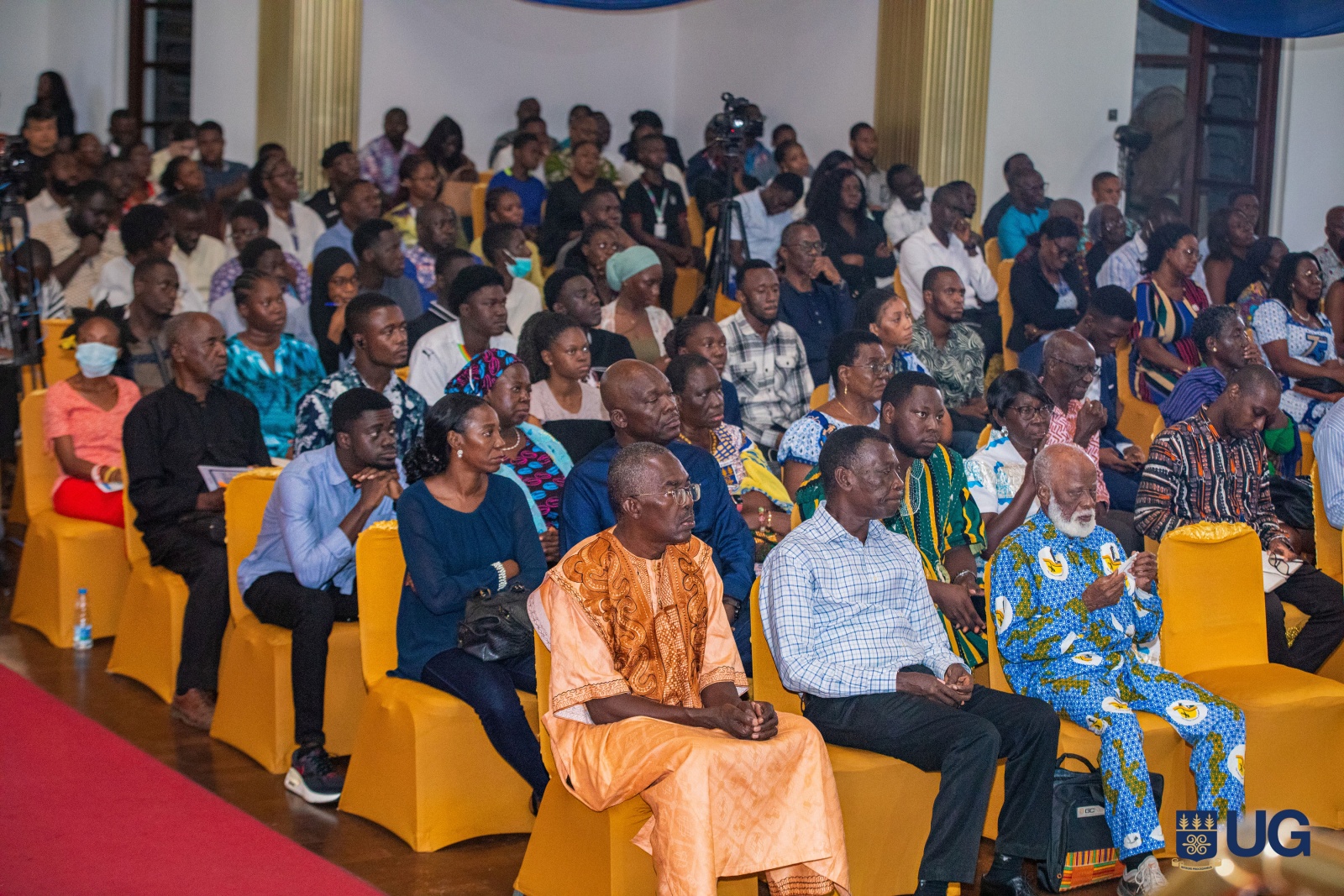
In her presentation, Prof. Appiah-Opong stressed that the overall economic value of medicinal plants cannot be overlooked. “Medicinal plants are a major source of income and livelihood, employing millions globally and contributing significantly to GDPs,” she said, highlighting global herbal markets such as China, Germany, the United States and Japan.
Turning her focus to Africa, she revealed that Morocco and Egypt earned USD 55.9 million and USD 174.2 million, respectively, from the export of medicinal plants in 2015. South Africa’s trade in raw medicinal plants is valued at over USD 165 million annually. In Malawi, nearly 90% of herbal traders in the southern and central regions derive more than half of their household income from herbal product sales. Tanzania trades over 61,000 kilograms of herbal medicine annually, worth over USD 340,000.
“The African herbal medicine industry has what it takes to compete globally,” she asserted. She explained that leading global actors are investing heavily in research and development, new product lines and collaborations to drive growth. “To thrive in this rising market, we must ensure the production of cost-effective, safe and evidence-based herbal products,” she emphasised.
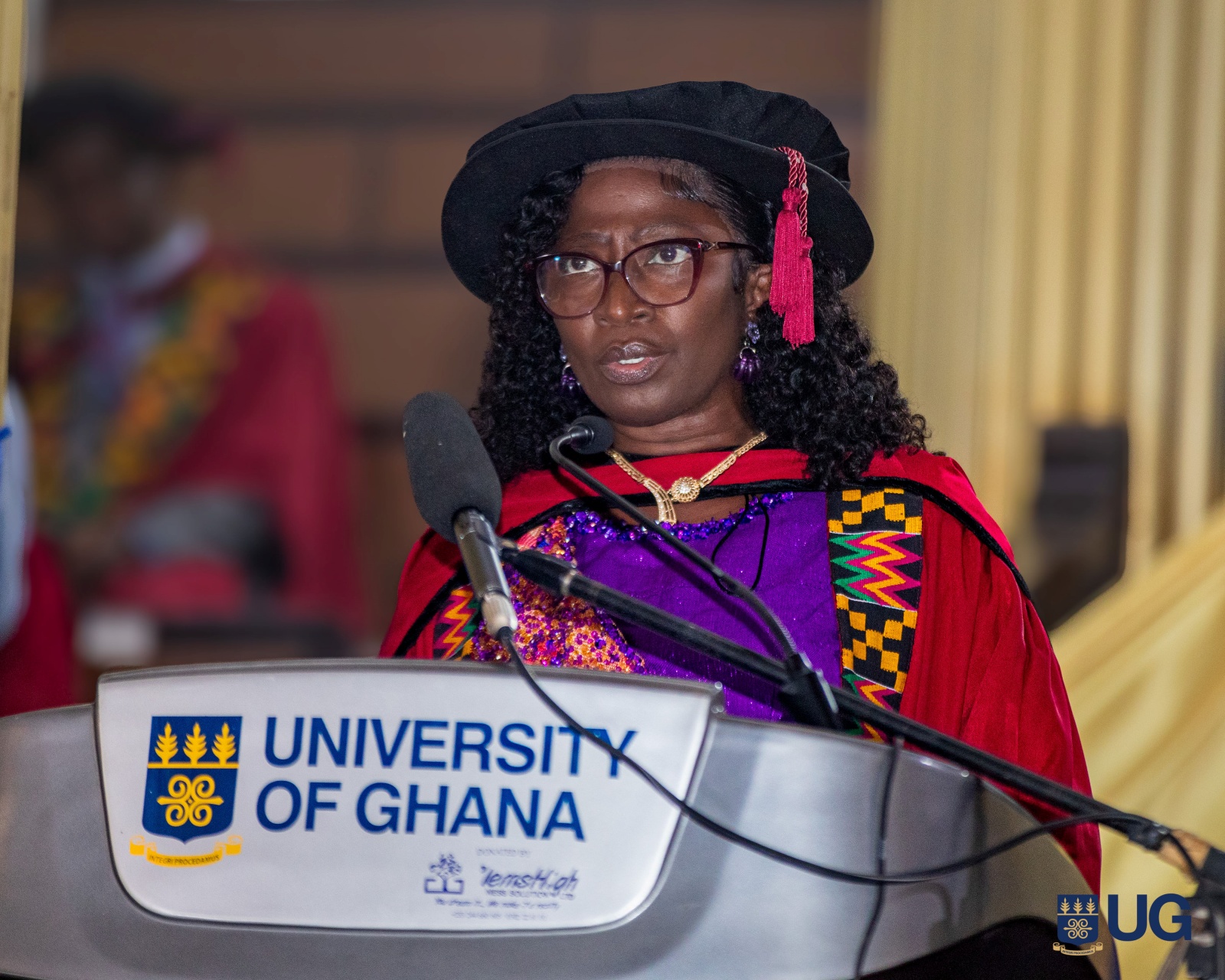
Addressing the Ghanaian context, Prof. Appiah-Opong described the herbal medicine industry as a major source of employment, especially for those engaged in its broad value chain. In 2010 alone, Ghana traded over 951 tonnes of crude herbal medicines, valued at USD 7.8 million. She, however, noted that current revenue figures remain undocumented and are a missed opportunity that underscores the need for structured investment and policy support.
She cited the 2024 Traditional and Herbal Medicine Week celebrations, where the President of the Ghana Federation of Traditional and Alternative Medicine (GHAFTRAM) projected that the herbal industry could generate as much as USD 76 million annually with a coordinated national effort.
Prof. Appiah-Opong also highlighted the scientific validation of several Ghanaian plant medicines through local research efforts. However, she said the sector continues to face challenges, including insufficient funding, limited pharmacovigilance, lack of regulatory enforcement and the need for better training for Traditional Medicine Practitioners (TMPs).
“To fully harness the benefits of herbal medicine, it must be properly tested for safety and efficacy,” she said. “This includes preventing harmful herb-drug interactions and strengthening pharmacovigilance systems to ensure public safety.”
She further called for TMPs and researchers to be educated in intellectual property rights and patent filing as part of efforts to generate sustainable funding and encourage innovation. Additionally, she warned of environmental threats to medicinal plant sources, pointing to the harmful effects of overexploitation, deforestation and illegal mining (galamsey). “There must be a policy to protect and replace harvested plants, led by the government,” she urged.
Prof. Appiah-Opong underscored that Ghana is sitting on untapped potential, saying, “The University of Ghana is sitting on a gold mine. Several research findings should be developed into intellectual property that can transform healthcare and create jobs.”
Chairing the event, Vice-Chancellor Prof. Nana Aba Appiah Amfo praised the lecture as a timely and compelling contribution to the national conversation on healthcare and innovation.
She described Prof. Appiah-Opong’s presentation as a “powerful call to reimagine Ghana’s healthcare and economy through the integration of indigenous knowledge and scientific research,” applauding her for bridging research with practical relevance.
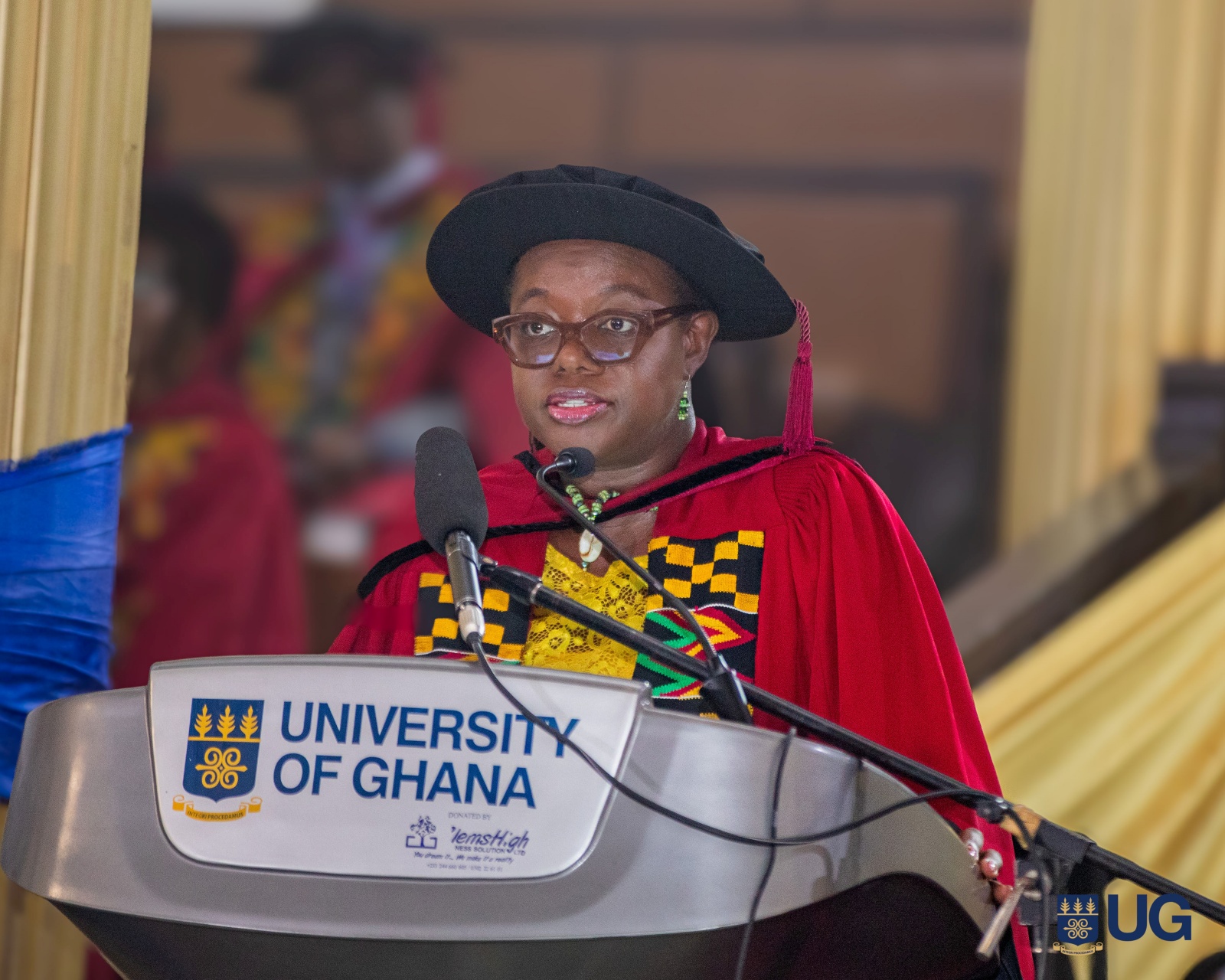
Also delivering remarks at the event, Registrar of the University, Mrs. Emelia Agyei-Mensah, praised Prof. Appiah-Opong, commending her for rising to the pinnacle of academic distinction.
She mentioned that the University takes great pride in honouring its academics who attain the status of professorship, describing such milestones as both personal achievements and institutional triumphs.
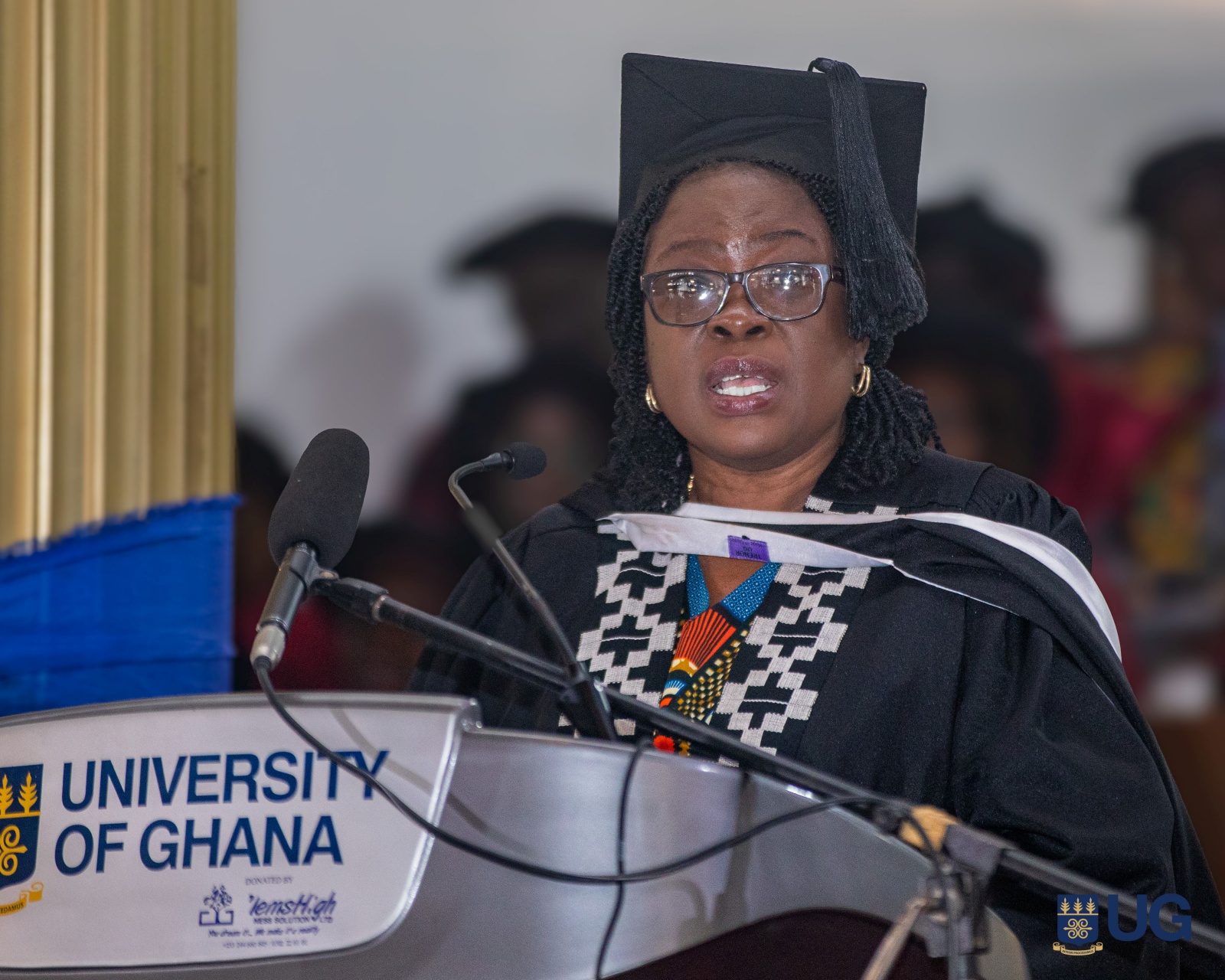
The event was attended by stakeholders from academia, healthcare, policy and traditional medicine, all of who commended Prof. Appiah-Opong’s work for bringing renewed focus to the economic and health potential of Ghana’s medicinal plant sector.

